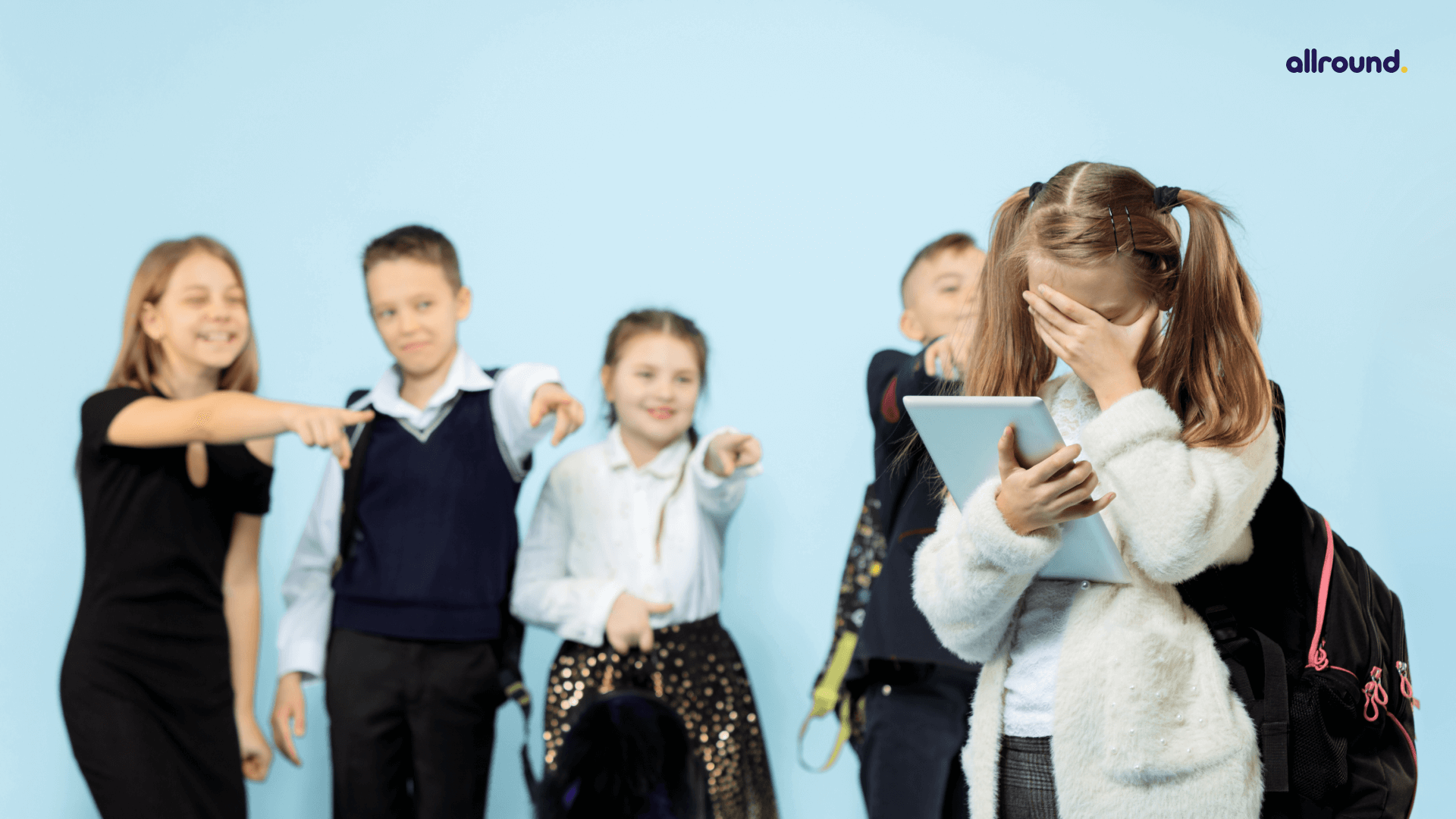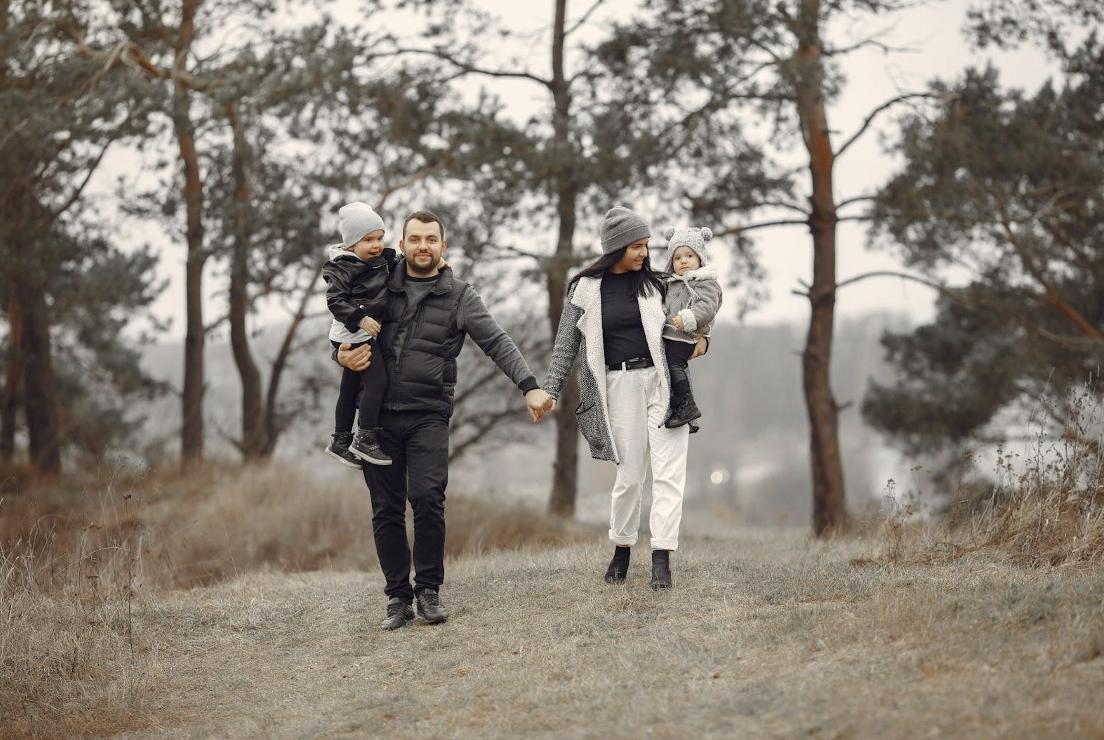Common Characteristics of a Bully6 min read
Bullying is a very serious issue among children and teenagers. While some children might become bullies in preschool itself, others may go on to bully kids when they reach their teen years. Understanding the characteristics of a common bully is important for both parents and teachers in order to help kids who show similar characteristics as well as to prevent situations of bullying. No parent likes their kid to get bullied, but absolutely no one wants their own kid to ever become a bully himself. Learning the common characteristics of a bully will help you to better perceive why some kids turn into bullies and others don’t.
Contents
What are the common characteristics of a bully?
Although bullies may use different methods to target and torment their subjects, the most common characters shared my almost all bullies include:
- Very little respect for authority; a tendency to challenge authority
- Lack of feelings of guilt
- Violence is viewed in a positive way (like a form of entertainment or a way to get what they want)
- Popular among peers (commonly seen in girls who bully)
- Physically stronger than peers (commonly seen in boys who bully)
- Problematic family and social relationships
- Lack of empathy towards their victims; not sympathetic towards the needs or feelings of others
- Anger management issues
- Difficulty in following rules and established codes of conduct
- Impulsiveness
- Dominant
- Controlling, not leading
- Low tolerance with frustration
- Blames the victims for their bullying (looks, personality, etc.)
Sometimes bullying can also arise from mental health issues or even behavioral disorders. Kids can start bullying others after they have gone through a particularly traumatic event or abuse.
Are there any family risk factors for bullying?
There isn’t really any lone cause for bullying. However, research does reveal that children who bully are more likely to come from homes with specific characteristics. They include:
-
Harsh physical discipline
This is a common characteristic where parents who believe in physical consequences that become abusive or border on abusive tend to raise kids who end up bullying others. Children who are shamed or abused at home wish to shame and/or abuse others outside.
-
Lack of supervision from parents
When kids don’t have the right amount of adult supervision, they have to look out for themselves. This is where they may notice that being bossy, mean and even demanding gets their needs met easily. However, bullies struggle to create and sustain long term healthy relationships so this behavior won’t really help them.
-
Extreme permissive parenting
Permissive parents tend to be overly lenient and don’t set enough limits. This makes their children feel entitled. When given very little guidance and rules, this sense of entitlement may make kids want to control their peers.
-
Lack of parental warmth, involvement and attention
Usually, when parents aren’t home or are too exhausted to give their kids the attention and warmth that they require, or if parents prefer to not be involved in their kids’ lives and activities, such children grow up to become teen bullies.
-
Chaos and conflict
When kids are exposed to bullying at home or are bullied by siblings, they tend to bully others. Similarly, disruptions in schooling, as well as constant moves, are also seen to contribute to bullying outside the home.
What are the different types of bullies?
Now that we have seen the various characteristics common to bullies, let us also take a look at the different kinds of bullies. According to Alexander Schwarz, there are three different types of bullies or aggressors:
Bully Victims
These bullies have been victims of bullying themselves, sometime in the past or present. They have been bullied by other kids who are stronger than them. At the same time, they aren’t necessarily very popular but they have intimidated those who are weaker and smaller in size than them.
Passive
These kinds of bullies are insecure and unsure about themselves. They don’t necessarily initiate the bullying but are nonetheless party to it. When someone is being bullied, they typically show their loyalty to the main bully.
Aggressive
This is the most common kind of bully that we witness. Such bullies crave control and dominance over others. As a result, they act out of this desire for power over those who are weaker than them.
What are the consequences of bullying?
While it is a widely known fact that bullies have negative impacts on their victims, taking on this role of a bully or aggressor also has serious short-term as well as long-term negative effects on bullies themselves. These negative effects may include:
- Poor academic performance
- Respect for aggressive behavior
- Complete loss of empathy for others
- Lack of sensitivity to the suffering of others
- Cruelty
- Emotional instability
- Lack of ability to self-criticize
- Use of aggression to resolve problems and other conflicts
- Delinquent and antisocial behaviors
- Development of negative and even toxic social relationships
As teen bullies reach adulthood, they are also prone to fall into a number of maladjusted behaviors like substance abuse, alcohol abuse, vandalism, theft, and so on. They are also more likely than others to carry a weapon and get into violent fights. These bullies may also develop a tendency to mistreat others in the future – their spouses, children, etc.
What can you do if your child is a bully?
If it is brought to your notice that your child is a bully, don’t hesitate to address the issue promptly. Make sure to administer proper supervision, set appropriate boundaries that are clear to your child, and enforce consequences. Have a conversation with your child/teen about bullying. Educate them about the multiple negative effects and consequences that bullying can have not only on the victim but also on the aggressor. Discuss the many social, educational and even legal consequences that your kid could get if he continued to bully others.
However, if your child continues to bully, you may want to think of reaching out for professional help. Mental health professionals are well-equipped and will be able to help your kids with social skills and any mental health issues.
Conclusion
Detecting bullying or a potential bully is so important to prevent it. It is critical for children to learn empathy and sensitivity so that they learn to understand others as they continue to grow. As we’ve seen, bullying has serious ill-effects on both sides. And as a parent, you don’t want your child to grow up to become a bully. Spending appropriate time with your child and educating them about the issue of bullying from a young age will help them to be better equipped as they grow and encounter different challenges and people.





